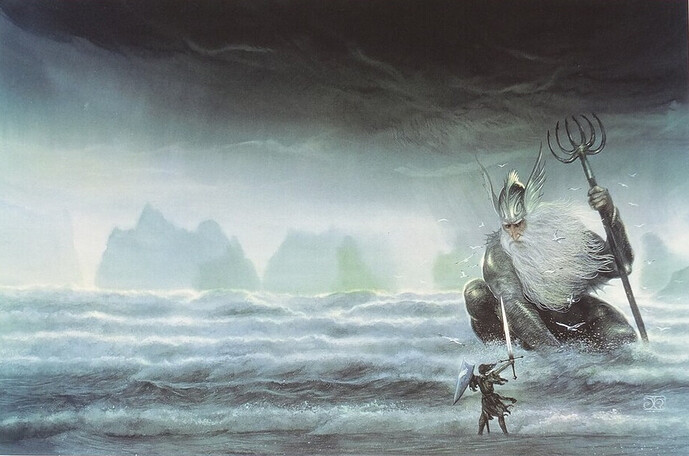Except when they don‘t.
Ark Nova ends when someone‘s markers on the 2 point tracks cross. Right? Yes, and no. Because everyone else except that person gets one more turn (I think. Details…)
Terraforming Mars ends when everything is terraformed. But I would have to look up if anyone else gets any turns or the round is finished or what…
Harmonies ends when after their turn there are 2 or fewer empty spots on that players board. Except the round is finished so everyone gets equal turns.
Kingdom Builder ends when one person has no more houses to place. I think everyone gets equal turns in that one. But I am not sure.
Daybreak ends when drawdown is achieved—and players survive the round and fulfill any challenge conditions. I really like the drawdown ending it feels incredibly satisfying except when we missed that one of us doesn‘t fulfill the challenge condition and that sucks. Feels tragic to lose after that. We saved the world but humanity still falls apart.
Gloomhaven ends when the scenario objective is fulfilled. Is the round finished? I haven‘t played in a while and I think it is. But I am not sure.
Various race games usually wait for everyone to come in and „place“. That one seems pretty obvious and I can‘t think of one that doesn‘t do that.
Clank! starts ending when one person returns to the Inn to claim their beer but there is a fixed number of rounds after that and I never remember how many. And someone dying also triggers the end-game I think. This is one of those ones I have to go back to the rulebook every single time.
Welcome To The Moon scenario 1 ends when one person manages to launch their rocket. I messed up that one badly recently when it is actually a pretty obvious one.
Beyond the Sun ends when enough achievements have been claimed. But I would have to look up what „enough“ is for every player count and if there are any extra turns taken once the claims are staked. This is an ending I generally like though because it can go quickly but you can also see it coming.
Games with fixed rounds are easy: just play number of rounds (sometimes until everyone passes) and done. Those I can remember usually.
In general I think I like games of variable length more. Especially those with alternate win conditions that may subvert everyone‘s plans with a surprise 
But I agree with @COMaestro that there are a lot of occasions where saying „it lasts 5 rounds“ really helps convince people to give something a try.
Games that allow me to manipulate the game length by playing in a certain way are more interesting to me. One example is Harmonies where you can go for more vertical builds that give a lot of points or more horizontal builds that end the game faster. With very different skill levels this can be bad though—I have been on the receiving end of this playing Mischwald with friends who had played it a whole lot more.
My favorite victory condition is winning through fear on Terror Level III in Spirit Island. Victory just slides into a round that way… when you generate the last 2 fear by removing the last city. It makes for a elegant convergent moment.
My second favorite is terraforming all of Mars solo I think. It is so satisfying when it works out, I have to play over and over.
Books: when I was much much younger I often read endings first. I don‘t do this anymore. But I still have a very difficult time with films especially, that try to keep me on the edge of the seat waiting for the big reveal. As a corollary I dislike twist endings.
I can‘t deal with the tension in longer arcs of movies especially but also drama series. I rarely if ever watch thrillers for this reason (or horror movies but that‘s also because I hate jump scares). So I spend a lot of time guessing the ending to alleviate some of the tension.
The best endings are bittersweet. Something goes right and something goes left. Tragic endings are also fine by me. But I prefer some measure of hope alongside the tragedy. Someone self-sacrificing (themselves or something important to them) for the greater good like my Baldur‘s Gate 3 playthrough is probably my favorite way to end a good story.
![]()
